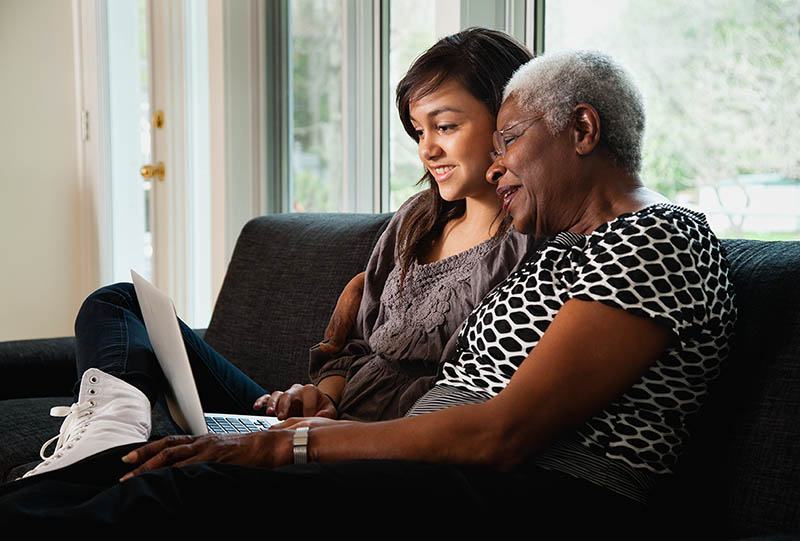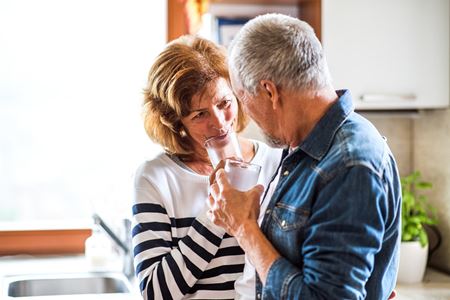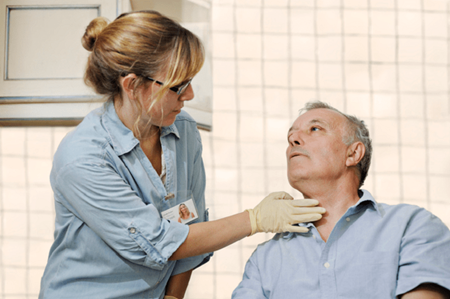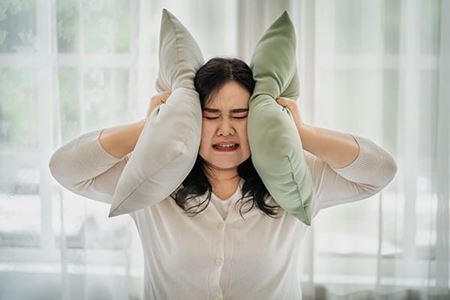Communication Problems After Stroke
Language is controlled by several different areas of the brain working together. Communication problems are very common after a stroke.

A stroke often alters communication, with its location influencing what will be affected. In addition to communication problems like aphasia, a condition affecting the ability to understand or process language, communication deficits may include decreased attention, distractibility and the inability to inhibit inappropriate behavior. Problem-solving ability is sometimes affected, typically in survivors of right-brain strokes.
Aphasia Resources
- Aphasia ID Card
- Let’s Talk About Interacting With Stroke Survivors
- Let’s Talk About Stroke and Aphasia
- Hablemos sobre ataques cerebrales y afasia (PDF)
- Aphasia Communicating Through Barriers
- Afasia: Cómo traspasar las barreras de comunicación infografía (PDF)
- Aphasia: Be in the Know
- Mantente informado infografía (PDF)
- Socializing with Aphasia
Communication and Swallowing Resources
This site includes resources to help you understand communication and communication disorders, as well as a professional referral service for access to qualified care.
The National Aphasia Association (NAA) is a nonprofit organization that promotes public education, research, rehabilitation and support services to assist people with aphasia and their families.

Stroke Connection® e-news
Our monthly email delivers news, resources and stories for stroke survivors and their caregivers.




